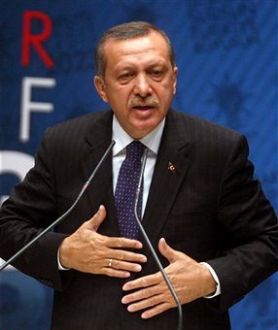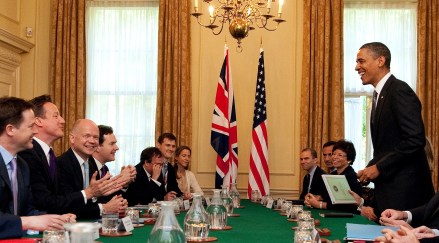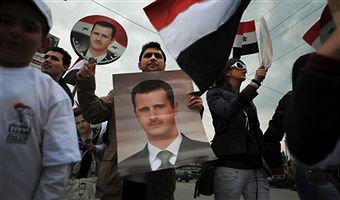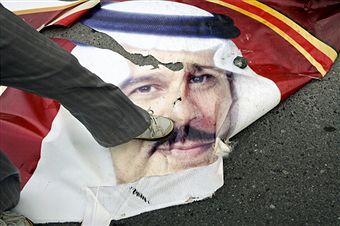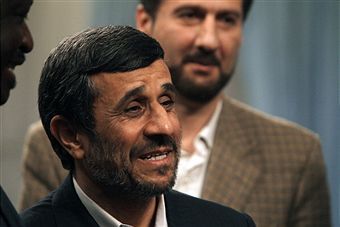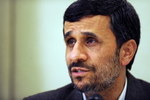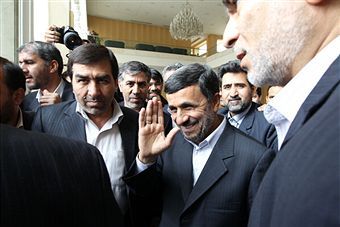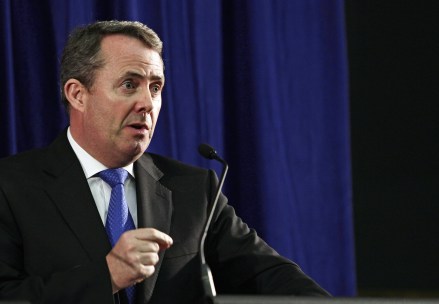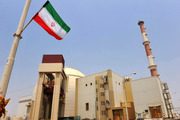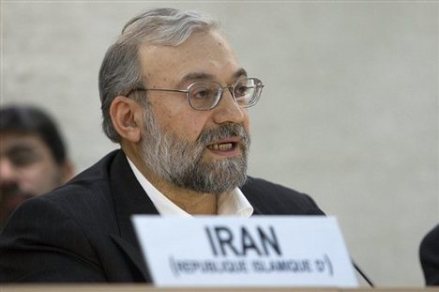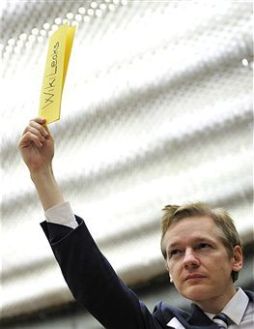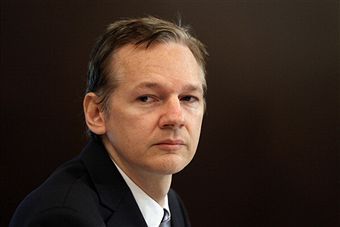The mystery of modern Turkey
What does Turkey actually think? That’s an issue that has been occupying many Europeans, as the vital NATO ally heads to the polls. On the one hand Turkey has in the last 10 years become more like the West: globalised, economically liberal and democratic. Turkey’s economy is now the world’s 16thlargest, the sixth largest in Europe. But, at the same time, questions arise about its recent policies: will it consolidate its democratic achievements, or is it threatened by a populist tyranny or even authoritarian rule? Certainly, many fear that Prime Minister Recyp Erdogan’s behaviour is moving Turkey away from the West, both in terms of internal policy and external alignmen.
